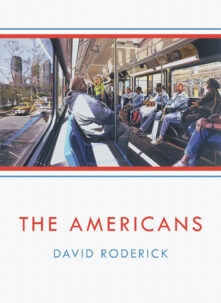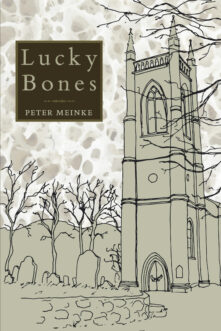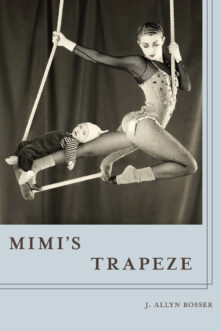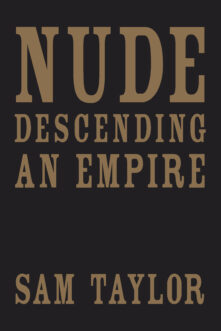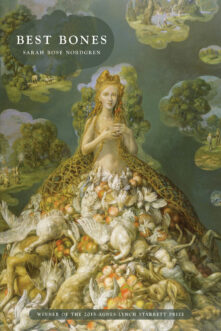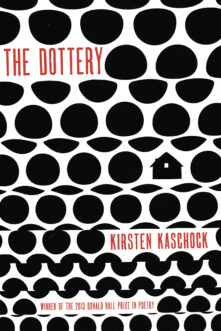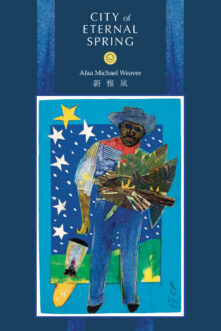Books
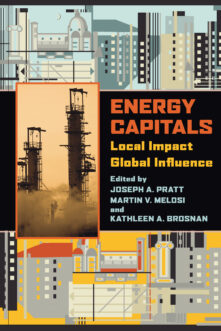

Energy Capitals
Local Impact, Global Influence
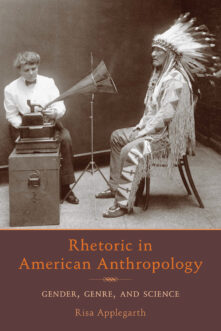

Rhetoric in American Anthropology
Gender, Genre, and Science
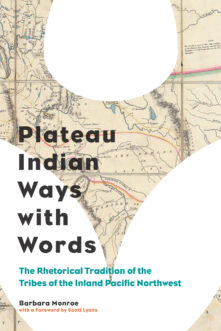

Plateau Indian Ways with Words
The Rhetorical Tradition of the Tribes of the Inland Pacific Northwest
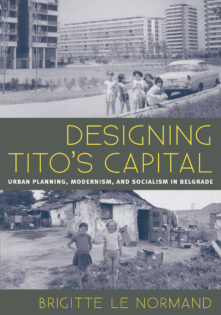

Designing Tito’s Capital
Urban Planning, Modernism, and Socialism in Belgrade
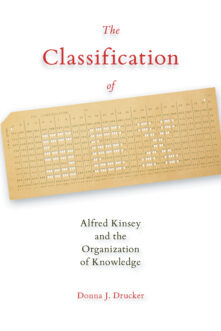

The Classification of Sex
Alfred Kinsey and the Organization of Knowledge
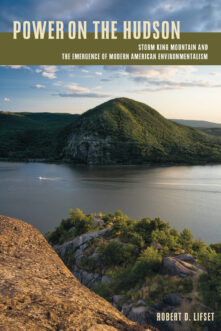

Power on the Hudson
Storm King Mountain and the Emergence of Modern American Environmentalism
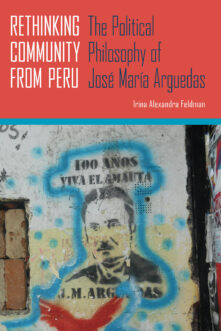

Rethinking Community from Peru
The Political Philosophy of José María Arguedas
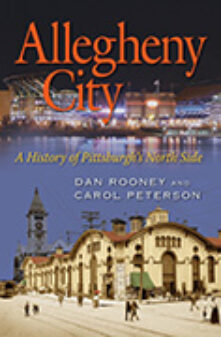

Allegheny City
A History of Pittsburgh's North Side
Total 1538 results found.


